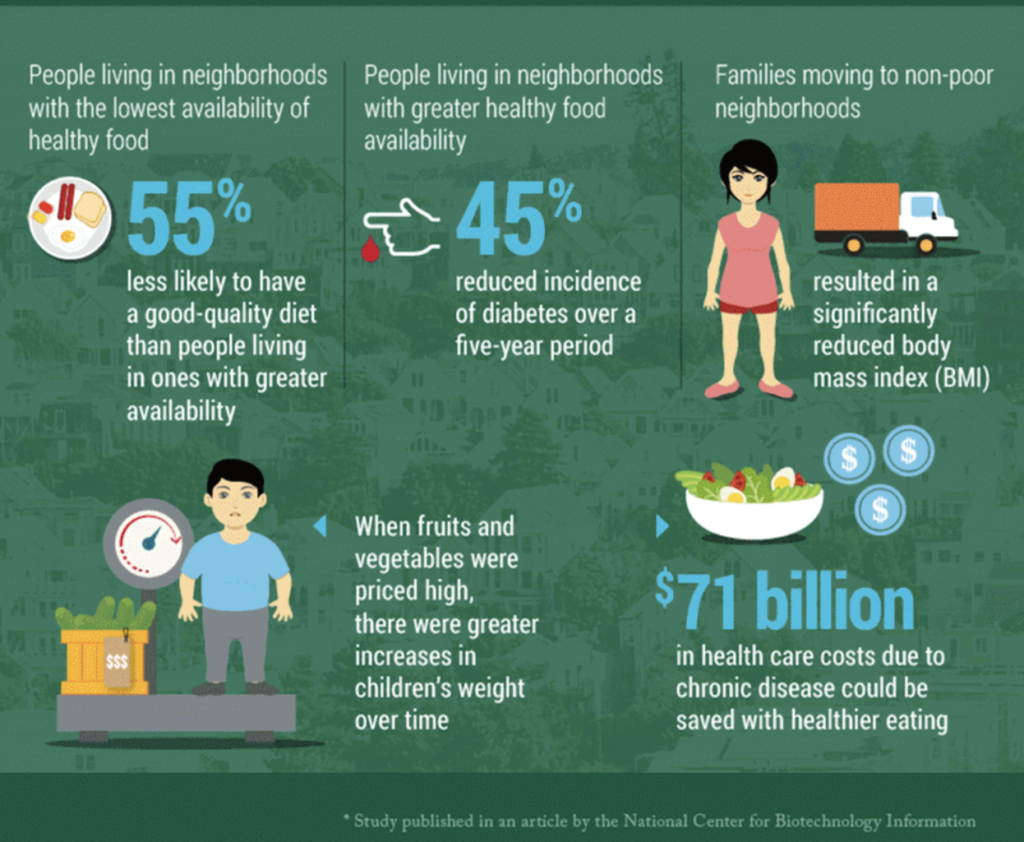
Happy Tuesday. Can we feel a little less guilty about our trips to the drive-through if they aren’t harming the planet?
In today’s edition:
🍟McDonald’s announce 3 year partnership with Beyond Meat
🍊 Seville powering the city with Oranges
👩🌾 Vertical farms X affordable housing

Beyond Meat announces 3 year deal with McDonalds
McDonalds, the world’s largest buyer of beef (the food source with the largest carbon footprint) is rolling out the McPlant burger. Beyond Meat has entered into a three-year agreement to become the “preferred supplier” of its new McPlant burger, which is currently being trialled in Denmark and Sweden, and will explore other menu items.
A landmark move: McDonald’s isn’t big on licensing fees – the drinks dispenser is one of the few places you’ll find brand names. However, Beyond Meat supplies a vast number of fast-food chains, their scale and relentless approach to innovation would be costly for McDonald’s to replicate alone.
A Market to Savour: The global plant-based meat market is expected to grow at 18% a year to reach $12 billion by 2025. McDonalds are ensuring they retain their share of the (veggie) pie whilst removing the hassle of establishing their own meat-free supply chain.

It’s oat milk’s world, and we’re just living in it: Oatly going public
Despite only launching in the U.S. in 2016, Oatly, announced it will go public with a suggested valuation of around $10 billion in a U.S. listing. Oat-standing: A recent partnership with Starbucks and a hilarious low-budget commercial at the Superbowl rounded off a successful 2020 with oat-milk sales increasing by over 300 percent in the U.S.
Airbus release landmark first estimates of the lifetime emissions of its planes
The aviation industry has an emissions problem – it accounts for 2.5% of global carbon dioxide emissions, a number that is expected to increase as demand for travel grows in developing nations. Airbus have taken a landmark first step in tackling the issue by estimating the lifetime carbon dioxide emissions of the 1,429 planes it sold in the last two years = Over 1bn tonnes of carbon dioxide in their lifetime.
Why it matters: Measuring emissions is an important first step to managing them, and tracking progress towards decarbonisation. We recently took a deep dive into the Innovation that will drive the aviation industry’s green transition.
🤖 Future of Tech (1-minute read)
Farming in a food desert: Combining affordable housing and vertical farming
It’s estimated that 23.5 million Americans live in “food deserts” – places where city residents must travel more than a mile (1.6 km) to a supermarket. A number growing due to the pandemic (grocers going out of business and reduced public transport).
Grow food vertically, Create Jobs locally: Start-up, Vertical farms, plans to build affordable housing designed around vertical farms. Employing 50 locals, the project will grow one million pounds (around 450,000 kg) of food per year for local underserved residents, donating 10% of harvests to food shelters. The scheme will also reduce the ecological impact associated with conventional farming: vertical farms produce 20 times more food and being hyperlocal they cut delivery-associated emissions.

When life gives you Oranges, make electricity:
48,000 orange trees drop fruit on the streets of Seville every year – creating a sticky hazard requiring the city to employ 200 people to pick it up. Seville’s district water company, Emasesa, plans to create clean electricity from rotting oranges. Methane from the 35 tonnes of fermenting oranges will be burnt to heat water and produce steam, which powers electricity generated turbines. Initially this will power Emasesa’s water purification plants, and if all goes to plan, surplus power will be routed to Sevilles electricity grid.
Squeezing Green Electricity: If all Seville’s oranges were harvested, 73,000 homes could be powered far a day – a serious source of green electricity for a city of under 40,000.

Green Steel – how do we clean-up one of the dirtiest industries?
Steel is the world’s most commonly used metal. Yet, the industry’s reliance on fossil fuels (notably coal) has resulted in it being one of the largest producers of CO2 gas.
The UK government has stirred up controversy with recent plans for a new coal mine in Cumbria to fuel steel production.
Here are some novel, sustainable alternatives for steel production:
- Hydrogen Fuel: A Swedish steel-plant is trialling green hydrogen to power furnaces. The process produces no CO2, with water being the only byproduct.
- Bio-Coal: Steel makers, ArcelorMittal, are turning waste wood into “bio-coal” (which has a lower CO2 footprint) to replace regular coal in its steel furnaces.
- Electric Injection: Boston Metals inject iron-ore with electricity, resulting in pure-iron, which is added to other elements to create steel.
The Challenge: Green steel alternatives are still a niche, premium product. In a commoditised industry where cost is king, the options are not yet widely adopted or price-competitive. Financial incentives will be necessary to facilitate the industry’s shift to new technologies, which in turn will drive down prices to competitive levels.
One of our contributors, Jake DG, took a deeper dive on the UK’s coal mine plans here

Little Bytes
Quote: “With AI, machine learning, high-performance computing etc. we have the ability to detect diseases like cancer at an early stage, determine the right treatment path, and more rapidly develop cures.” Kingsley Hughes-Morgan, AppDynamics
Stat: The total textile resale market is expected to more than double in value from $24bn to $51bn by 2023 – ThredUp
Watch: Colombian city planting a “corridor of trees” to fight climate change




